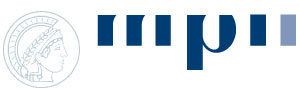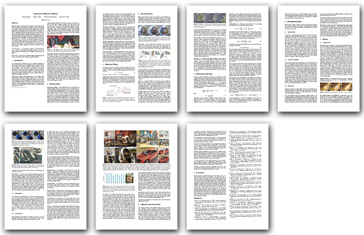


Effective digital content creation tools must be both efficient in the interactions they provide but also allow full user control. There may be occasions, when art direction requires changes that contradict physical laws. In particular, it is known that physical correctness of reflections for the human observer is hard to assess. For many centuries, traditional artists have exploited this fact to depict reflections that lie outside the realm of physical possibility. However, a system that gives explicit control of this effect to digital artists has not yet been described. This paper introduces a system that transforms physically correct reflections into art-directed reflections, as specified by reflection constraints. The system introduces a taxonomy of reflection editing operations, using an intuitive user interface, that works directly on the reflecting surfaces with real-time visual feedback using a GPU. A user study shows how such a system can allow users to quickly manipulate reflections according to an art direction task.

|
|||||||||||
| For full quality, please download the supplemental video (Windows AVI, Xvid, 77.5 MB). |
Tobias Ritschel, Makoto Okabe, Thorsten Thomählen, Hans-Peter Seidel
Interactive Reflection Editing
ACM Trans. Graph. 28 (5) (Proc. SIGGRAPH Asia 2009)
@article{Ritschel:2009:InteractiveReflectionEditing,
author = {Tobias Ritschel and
Makoto Okabe and
Thorsten Thorm\"{a}hlen and
Hans-Peter Seidel
},
title = {Interactive Reflection Editing},
journal = {ACM Trans. Graph. (Proc. SIGGRAPH Asia 2009)},
year = {2009},
volume = {28},
number = {5}
}
This work has been partially funded by the Max Planck Center for Visual Computing and Communication (BMBF-FKZ01IMC01).
We thank